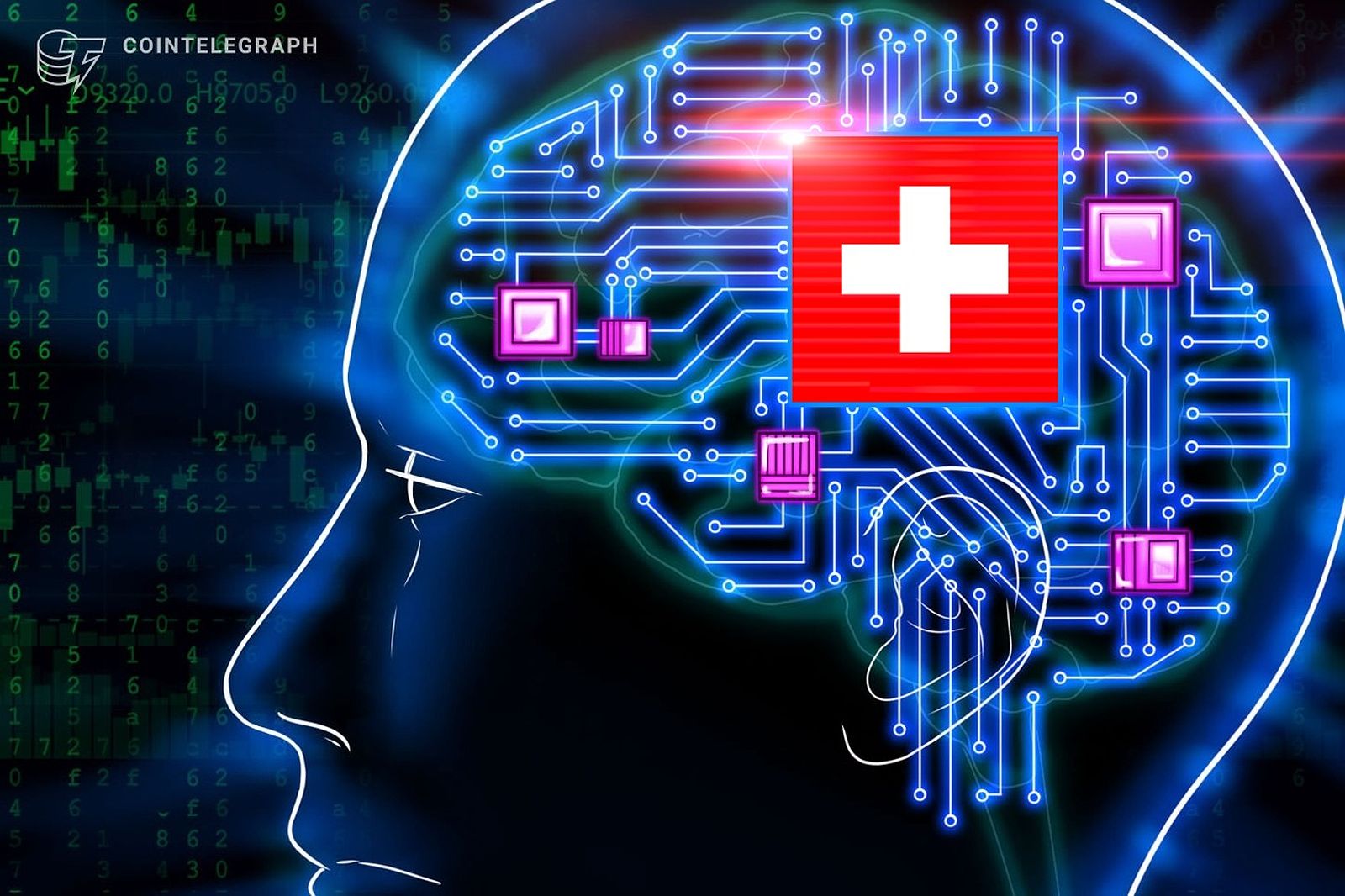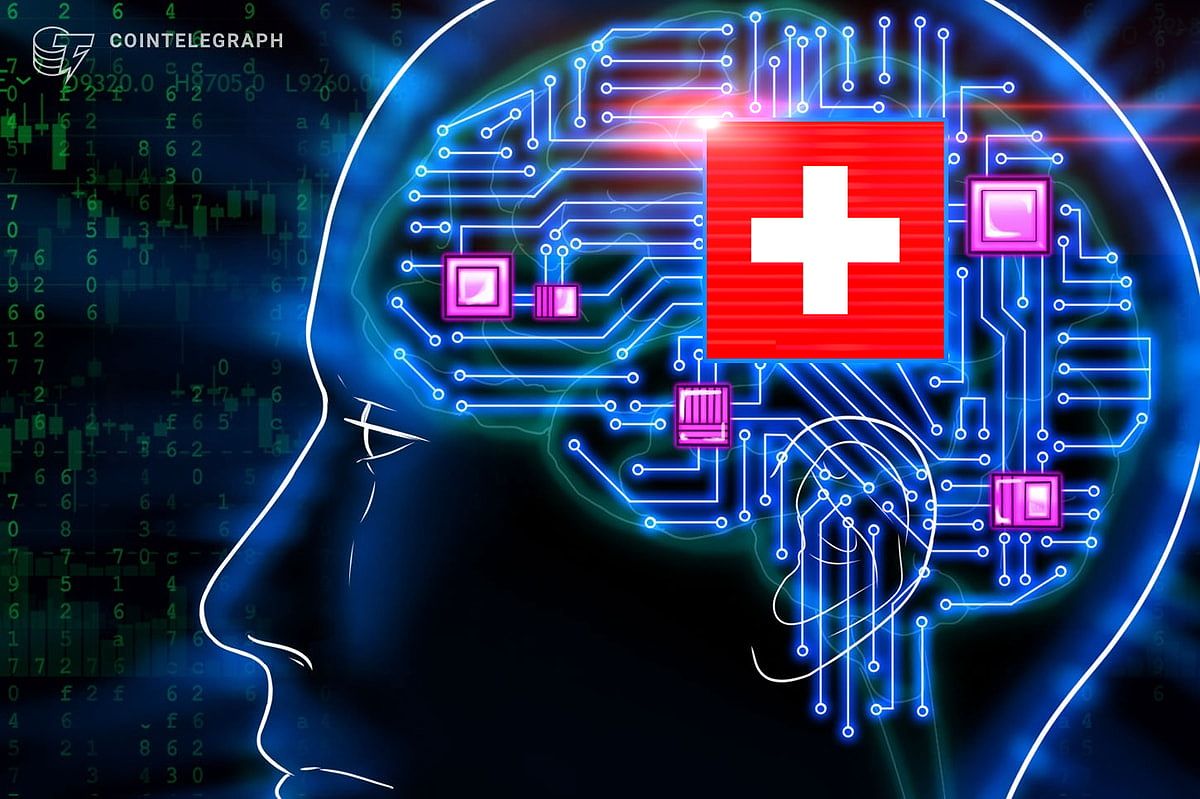Imagine a computer that learns and adapts like a human brain. This isn’t merely a fantasy; it’s an innovative reality being explored by scientists who are at the forefront of developing “biocomputers.” These groundbreaking systems utilize living brain cells to enhance artificial intelligence (AI) training, challenging the dominance of traditional silicon-based computing. As we delve into this fascinating intersection of biology and technology, it becomes clear that biocomputers hold transformative potential for the future of AI, ushering in capabilities that surpass what we currently know.
The Vision Behind Neurospark: Shaping the Future of AI
Consider a scenario where computers can learn and evolve just as we do. This is the compelling vision that drives Neurospark, a pioneering program developed by a forward-thinking technology firm. Through this platform, researchers can rent cloud access to biocomputers composed of clusters of human brain cells, known as organoids. These organoids possess the remarkable ability to process information and learn in ways that traditional computers simply cannot. The implications of this technology are profound; biocomputers promise a more efficient and energy-conserving method for training AI, potentially revolutionizing how we approach complex problem-solving.
Understanding the Mechanism: How Brain Cells Train AI

Training AI with organoids involves a fascinating process rooted in “reinforcement learning.” Rather than relying solely on numerical data, researchers employ dopamine—a neurotransmitter linked to feelings of reward—as positive reinforcement, while utilizing electrical signals for negative feedback. This method allows the organoids to adapt and learn based on the stimuli they encounter. The intricate network of neurons within these organoids creates a dynamic learning environment, closely mirroring the biological processes that occur in the human brain. This innovative approach not only enhances the efficiency of AI training but also opens up new avenues for understanding intelligence itself.
Navigating Ethical Waters: The Moral Implications of AI and Organisms
The integration of human brain cells into AI development raises significant ethical considerations. One of the foremost questions is whether these AI systems could develop consciousness or sentience. As we explore the boundaries of technology, we must grapple with the idea that AI trained with organoids might possess thoughts, feelings, or experiences of their own. Additionally, there are concerns about the potential misuse of this technology, highlighting the need for stringent ethical guidelines and responsible practices. As we navigate this uncharted territory, it is vital to engage in meaningful conversations about the implications of our advancements and ensure they align with our collective values.
The Expansive Horizon: Beyond AI Training
The applications of biocomputers stretch far beyond merely training AI. Envision a future where these systems are capable of revolutionizing the entire field of computing, offering an innovative paradigm for processing vast amounts of information and tackling complex challenges. Imagine computers that not only learn but also adapt continuously, evolving their capabilities in ways we have yet to fully comprehend. The possibilities are indeed limitless, and as we explore this new frontier, we find ourselves on the brink of a technological renaissance.
Conclusion
The emergence of biocomputers represents a significant leap forward in the realm of artificial intelligence. By harnessing the power of living brain cells, these systems have the potential to redefine how we train and interact with AI, unlocking unprecedented levels of intelligence and efficiency. However, as we venture into this new era, it is crucial to approach this technology with a sense of responsibility and caution. By considering the ethical implications and ensuring that our development practices are guided by integrity, we can navigate the exciting yet complex landscape of biocomputers. As we stand at this crossroads, it is our collective responsibility to foster thoughtful discussions about the benefits and risks associated with these groundbreaking advancements, ensuring a future where technology enhances our humanity rather than diminishes it.

